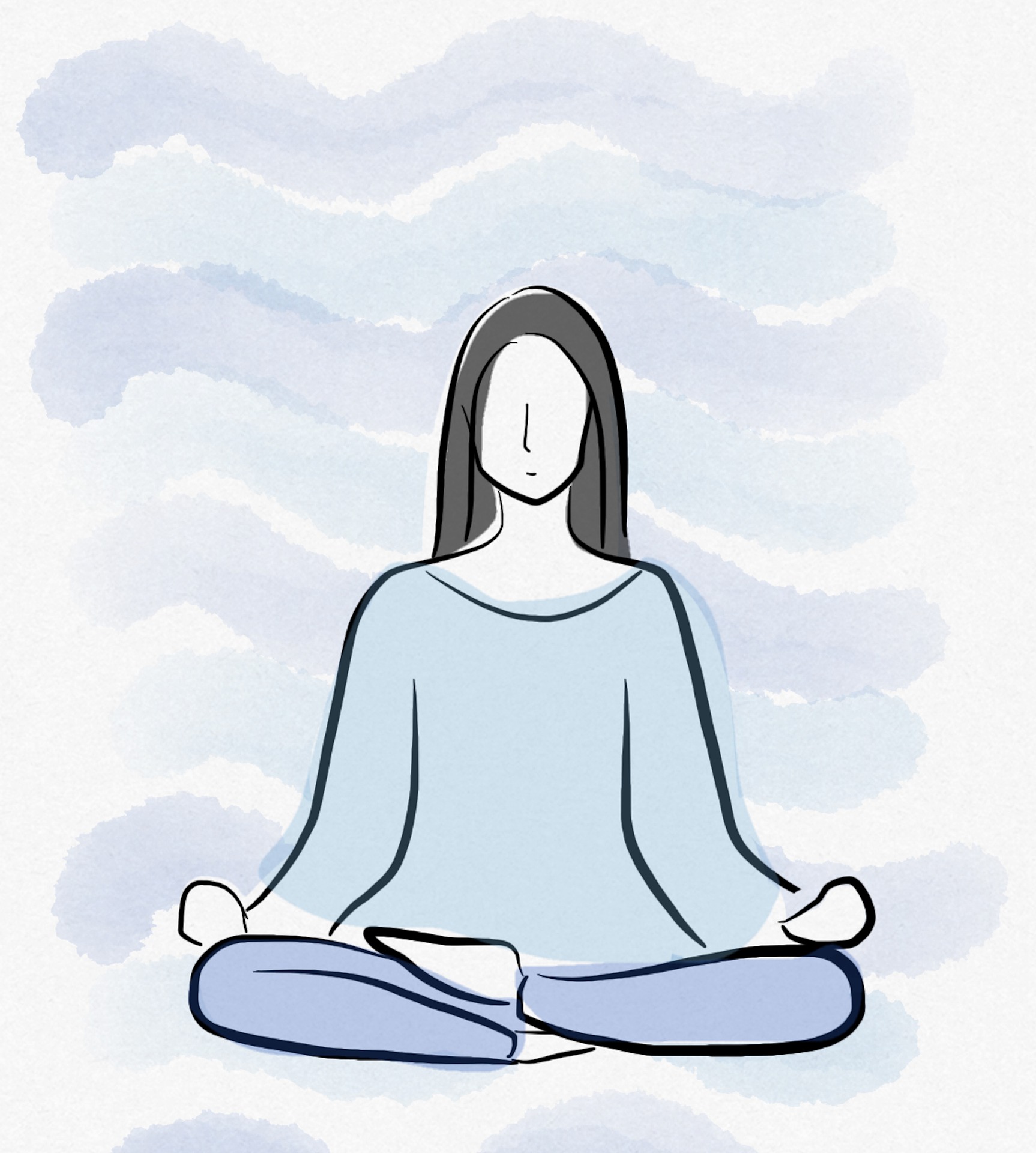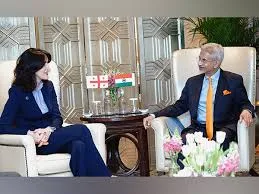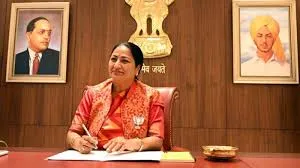Harmony is, first and foremost, about being at peace with one’s own self. It is that inner state in which our thoughts, our conscience, and our expression – our words and actions – are all in alignment. This brings feelings of deep comfort and security and, at the same time, flexibility and flow. When we experience peace and harmony within ourselves, our decisions and actions are motivated by contentment and love. We have the strength and clarity to be able to behave in a way that is according to our deepest values – which brings the greatest happiness. Inner harmony enables us to bring meaning and truth to even the smallest matters. We give our full attention and bring the best of ourselves to whatever we are engaged in at the present moment. Like someone playing in an orchestra or playing a team sport, we are alert and focused on what we have to do as well as what is happening around us.
If we ourselves are able to maintain inner peace and harmony inside, our personal and professional relationships will automatically be more likely to be conducive to harmony. This will then naturally lead to harmony in our communities, in our countries, and could ultimately be a small contribution to peace and harmony in the world. Inner harmony is thus the seed of harmony between us and around us and is what enables us to create structures and practices that sustain harmony.
Everything starts with our awareness, our sense of who we are and who we belong to. In most cases, our self-image and sense of belonging are bound up with our physical identity and the material world – what we look like, what we do, where we live, the family and community we were born into, and many other aspects of conditioning that we have picked up along the way. What if we could see beyond our physical self and everything associated with that, even beyond our personality, to our inner core, the eternal, spiritual self?
When we are in the awareness of ‘I’ being the physical form, there will inevitably be some feeling of insecurity. Our bodies are temporary and so relationships, roles, possessions and circumstances associated with our physical identity are all prone to change and, ultimately, loss. This uncertainty drives us to look for comfort and support in external things. The pull of the physical senses can lead to dependencies and desires that can never be satisfied and undermine our self-respect.
If, however, ‘I’ is experienced as a being of spiritual energy that expresses itself through our physical body, then that uncertainty and vulnerability is no longer there. Knowing that the ‘I’ that thinks, feels, remembers, and generally experiences and contributes to life is ultimately distinct from the material world brings a deep feeling of inner peace. This understanding of the deeper aspects of the self has largely been forgotten. We have become disconnected from our higher, spiritual selves and this is the fundamental cause of our overly materialistic outlook today.
As spiritual beings, we do not exist in isolation. We are connected with each other through an eternal connection with the Divine, the Parent of us all and the Source of all that is highest in human nature. As we connect with this perfect reference point, we increase our own power of truth, and we also experience a deep connection with each other. The more we experience the highest within ourselves, the more easily we feel connected and in harmony with people around us. This is because we are free from needing others to give us a sense of self; we experience a higher sense of self-worth.
Until now, the current critical state of the world has generally been attributed to external factors. There is no doubt that political, economic, social, technological, and environmental conditions all have a huge impact on our everyday experience and behaviour. However, it is my understanding that these are all the inevitable consequences of the individual and collective consciousness of human beings – the manifestations of an inner disharmony. Logic then tells me that the solutions to humanity’s current state of dis-ease also lie there.
B.K. Jayanti is Additional Administrative Head of the Brahma Kumaris.

















